1.1.1
Media Language
Media Language
Media Language
Media Language is concerned with how the product has been constructed. Within this, codes are used to create meaning for the audience.


Semiotic study
Semiotic study
- The study of media language on a denotational and connotational level is the basis of semiotic study.


Terminology
Terminology
- Semiotics is the study of signs, as theorised by Roland Barthes.
- Signs can act as signifiers, or as codes for deeper meaning.
- Denotation is the term used for describing what an item is.
- For example, a rose is a flower.
- Connotation is the term used to describe the meaning associated with the item.
- For example, a rose has connotations of love and romance.
Codes
Codes
Codes can take on different forms and it is important to identify these when analysing texts. The use of codes can help to define the genre, style or purpose of a product.
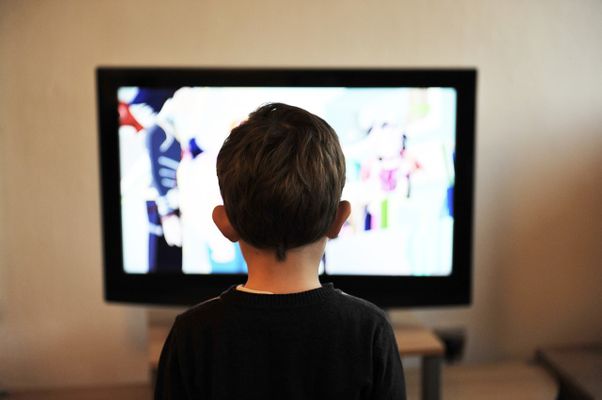

Codes
Codes
- Media language is concerned with how the product has been constructed.
- Within this, codes are used to create meaning for the audience.
- Signs can act as signifiers, or as codes for deeper meaning.
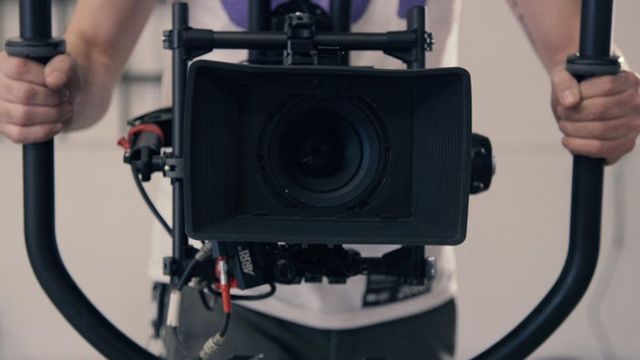

Technical codes
Technical codes
- Technical codes describe the physical processes that have been involved within the construction of the text.
- These can include:
- The camera angles selected.
- The mise en scene chosen.
- The editing choices made.
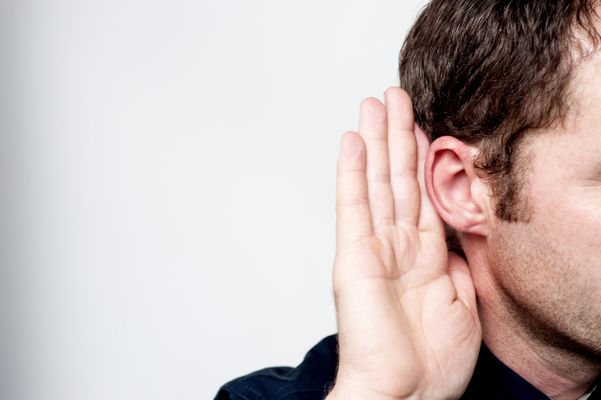

Verbal codes
Verbal codes
- Verbal codes communicate meaning directly to the audience through either:
- Through words e.g. on a print product.
- Through sound e.g. an audio/visual product.


Symbolic codes
Symbolic codes
- Symbolic codes identify the meaning that is made.
- E.g. if a character is wearing white, it can act as a symbolic code for innocence.
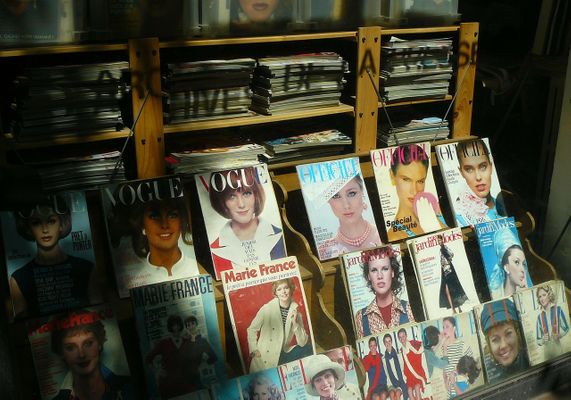

The repetition of codes
The repetition of codes
- The use of codes can help to define the genre, style or purpose of a product.
- The repetition of codes can lead to an establishment of conventions for that product.
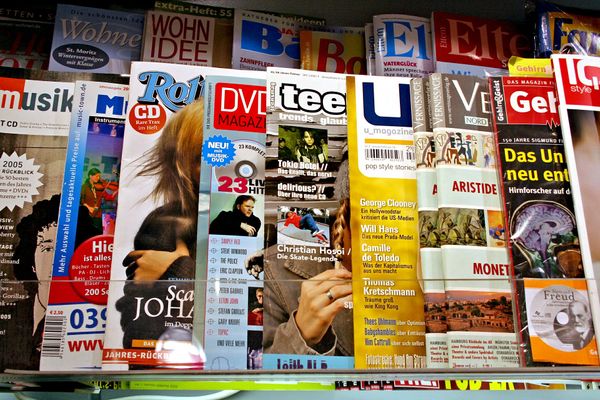

Identification
Identification
- Identifying codes and conventions of products helps to give meaning to the product, as well as making it easier for an audience to identify.
- For example, a magazine usually has a masthead at the top of the front cover, with cover lines surrounding the main image.
- As this is repeated on most magazine covers, the consumer is then able to identify a product as a magazine.
- For example, a magazine usually has a masthead at the top of the front cover, with cover lines surrounding the main image.
1Overview
1.1Media Language
1.3Representation
2Component 1: Section A
2.1Magazines - Vogue
2.2Magazines - GQ
2.3Advertising & Marketing
2.4Print Advertisements - Quality Street
2.5Print Advertisements - (2026 Exams) This Girl Can
2.6Print Advertisements - (2027 Exams) NHS 111
2.7Film Posters (Marketing)
2.8Film - No Time To Die
2.9Newspapers
2.11The Guardian
2.12(2028 Exams) The Sun
2.13(2028 Exams) The Guardian
3Component 1: Section B
3.1Video Games
3.2Video Games - Fortnite
3.4Radio
3.5Radio - The Archers
3.6(2027 Exams) Radio - Desert Island Discs
4Component 2: Section A
4.1Television
4.3Sitcom - Modern Family
4.4Sitcom - Man Like Mobeen
4.5(2026 Exams) Luther
5Component 2: Section B
5.1Music Video
5.2Lizzo - 'Good as Hell'
5.3Taylor Swift - 'The Man'
5.4Stormzy - 'Superheroes'
5.5Justin Bieber - 'Intentions'
5.6TLC - 'Waterfalls'
5.7Duran Duran - 'Rio'
5.8Online Media - Lizzo
5.9Online Media - Taylor Swift
5.10Online Media - Stormzy
Jump to other topics
1Overview
1.1Media Language
1.3Representation
2Component 1: Section A
2.1Magazines - Vogue
2.2Magazines - GQ
2.3Advertising & Marketing
2.4Print Advertisements - Quality Street
2.5Print Advertisements - (2026 Exams) This Girl Can
2.6Print Advertisements - (2027 Exams) NHS 111
2.7Film Posters (Marketing)
2.8Film - No Time To Die
2.9Newspapers
2.11The Guardian
2.12(2028 Exams) The Sun
2.13(2028 Exams) The Guardian
3Component 1: Section B
3.1Video Games
3.2Video Games - Fortnite
3.4Radio
3.5Radio - The Archers
3.6(2027 Exams) Radio - Desert Island Discs
4Component 2: Section A
4.1Television
4.3Sitcom - Modern Family
4.4Sitcom - Man Like Mobeen
4.5(2026 Exams) Luther
5Component 2: Section B
5.1Music Video
5.2Lizzo - 'Good as Hell'
5.3Taylor Swift - 'The Man'
5.4Stormzy - 'Superheroes'
5.5Justin Bieber - 'Intentions'
5.6TLC - 'Waterfalls'
5.7Duran Duran - 'Rio'
5.8Online Media - Lizzo
5.9Online Media - Taylor Swift
5.10Online Media - Stormzy
Unlock your full potential with Seneca Premium
Unlimited access to 10,000+ open-ended exam questions
Mini-mock exams based on your study history
Unlock 800+ premium courses & e-books